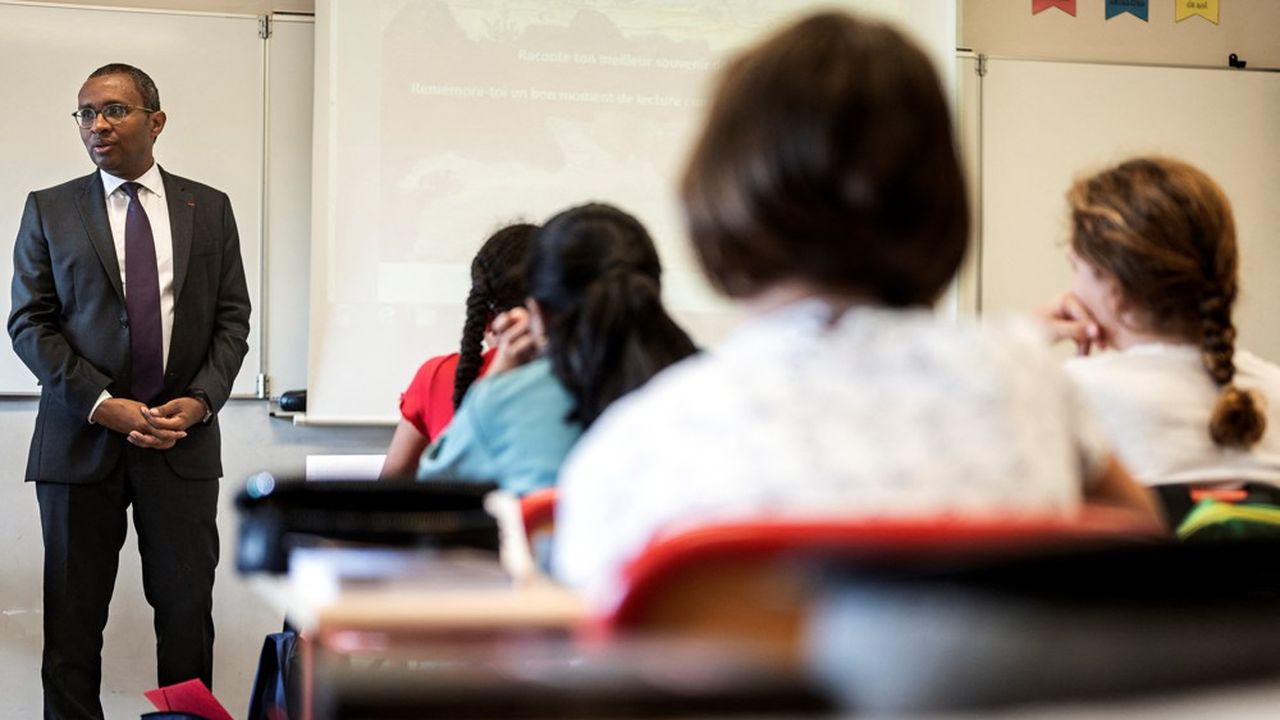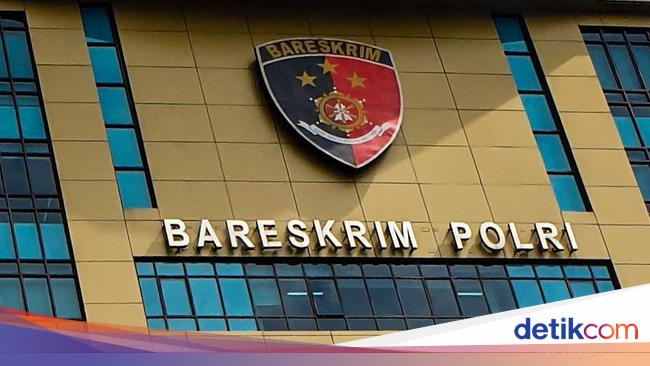Posted November 14, 2022, 6:00amUpdated November 14, 2022 at 6:11 am
Some students are “mad at math” and need to be “reconciled” with discipline. This is the goal set by Pap Ndiaye, in an interview published on Sunday on the “Echos” website. The Minister of National Education announces measures for high, middle and primary schools, while the CNRS, concerned about level drop and disaffection for the discipline, organizes, from this Monday, three days dedicated to the Assizes of mathematics.
Is the solution in the hands of National Education? In part yes, replies Pap Ndiaye, who however slips on the fact that “each level must assume its missions in this field”, including higher education.
First, from option to obligation
From September, the hour and a half of mathematics in the common core – which until now was only optional – will become compulsory for first year students who have not attended the mathematics specialty. Emmanuel Macron had pledged, from the very beginning of the presidential campaign, to “put back” mathematics in the common core of the high school diploma, “all the specialties put together”.
The timetable of pupils who have not chosen the mathematics specialty will therefore become a little heavier, while it is already more crowded than in other countries. “It’s a reality, but the goal is ambitious,” replies Pap Ndiaye. It is necessary to reconcile angry students with this discipline. “Second, 20 to 25 percent of high school students don’t have a satisfactory level, he says.
This increase in hours represents from 400 to 425 full-time equivalent posts, specifies the Minister, who states that ” it is not in mathematics that the difficulties in recruiting have been the most marked “. Some students who have so far taken the mathematics specialty without any particular appetite should also turn away from it. “The minister returns to the Blanquer high school in a somewhat forced way”, reacted the general secretary of the SNES-FSU, Sophie Vénétitay, who he wonders if there will be “enough teachers” and wonders about the “programmes”.Secondly, there is also a module for students in great difficulty, from general and technological high schools as well as from professional institutes.
In sixth grade, he helps the weakest and the strongest
For middle schools, while 20% of 6th grade pupils do not have “a satisfactory level in mathematics”, the Minister of Education announces a 1 hour and 30 minute consolidation module for the start of the 2023 school year per week for middle school students who are in greater difficulty, and an in-depth module, also lasting 1 hour and 30 minutes, for those who can go further. The stronger students will therefore do the deepening and the weaker ones the consolidation. The proportions of pupils in one or other of the modules will depend on the colleges. Other offerings are planned for fifth grade in 2024 and then fourth grade in 2025.
At the primary level, the ministry will focus on the training of school teachers in mathematics teaching . 30% have trained there, the goal is that they are all trained by the end of the five-year period. A focus will be placed on those in kindergarten, Pap Ndiaye points out, “so that mathematics learning takes place from an early age”.
To “carry forward these transformations”, the minister intends to rely on the very recent Fields medalist, Hugo Duminil-Copin, who he presents as an “ambassador” of his measures for mathematics.
“A Golden Age of Mathematics”
This is the whole paradox of France, which has both mathematicians receiving the highest international honors and numerous notices – from the lack of attractiveness to become a mathematics teacher to declining student achievement in international rankings, such as TIMSS extension I’m Pisan.
However, “we are arriving at a veritable golden age of mathematics which could help solve many problems on the planet”, underlines Stéphane Jaffard, coordinator of the Assizes and professor at the University of Paris-Est Créteil. “Will our leaders take the initiative to reinvest in mathematics? He wonders. Will our call be heard? Alongside Pap Ndiaye, Sylvie Retailleau (Higher Education and Research) and Bruno Le Maire (Economics) are expected at the Assises des Mathématiques.


